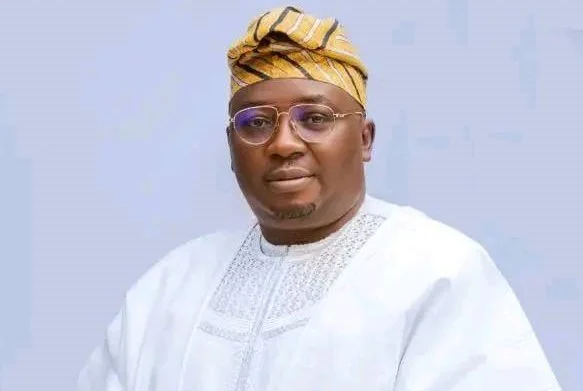In January, Nigerian households and businesses consumed electricity worth billions of naira. However, they failed to pay a large portion of their bills.
A new report by the Nigerian Electricity Regulatory Commission (NERC) reveals that consumers left N71.53 billion unpaid during that single month.
Across the country, 12 electricity distribution companies, known as DisCos, were only able to collect N178.68 billion out of the N250.21 billion they billed. This gap highlights the growing cash flow crisis in the power sector.
Take Aba Power, for example. The company billed customers N5.79 billion but only collected N2.43 billion. Abuja DisCo issued N32.61 billion in bills but received just N24.82 billion.
Eko DisCo billed N42.03 billion and recovered N36.01 billion. Ikeja DisCo also had a shortfall, collecting N32.81 billion from a total of N44.02 billion.
Benin DisCo brought in N17.53 billion from N23.24 billion. Ibadan DisCo managed N21.84 billion from N29.57 billion in billed power. Enugu DisCo only collected N13.85 billion out of N17.33 billion.

Jos DisCo’s collections stood at N4.3 billion from N10.02 billion. Kaduna DisCo fared even worse, pulling in just N3.06 billion from N7.75 billion.
Kano DisCo’s customers paid N7.08 billion out of N12.47 billion. Port Harcourt DisCo received N12.56 billion from the N21.03 billion it billed. Finally, Yola DisCo collected N2.34 billion out of N4.33 billion.
These figures reveal more than just missed payments. They show a deeper problem within Nigeria’s electricity industry. In fact, the revenue collected in January dropped by 3.29 percent compared to December 2024.
This decline adds more pressure to a sector already battling liquidity issues. To make matters worse, the federal government owes over N2 trillion in subsidies to power firms for the previous year.
Minister of Power, Adebayo Adelabu, has raised concerns about this growing debt. He noted that another N1.9 trillion in subsidy for 2024 remains unpaid. DisCos are also awaiting N450 billion from this year’s subsidy.
Speaking about the issue, Adelabu asked a critical question: “How do you expect the GenCos to perform optimally? How do you expect them to pay for gas, service and maintain their turbines, and even pay staff if a total of N4 trillion is being owed to them?”
The entire sector is caught in a vicious cycle. Consumers are not paying enough. Operators are low on funds. And the government is struggling to meet its financial obligations.
As the debts mount, the future of electricity in Nigeria looks increasingly uncertain. Without urgent reform and better financial discipline, the lights may not stay on for long.



